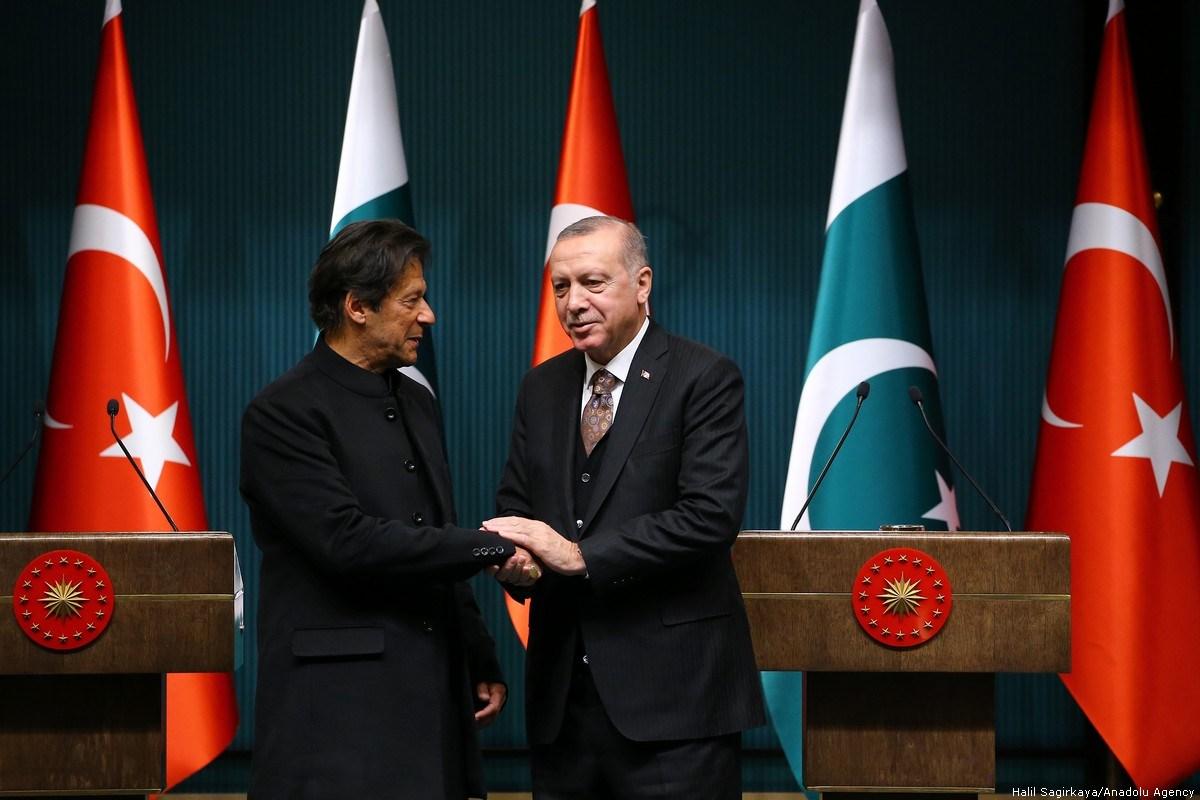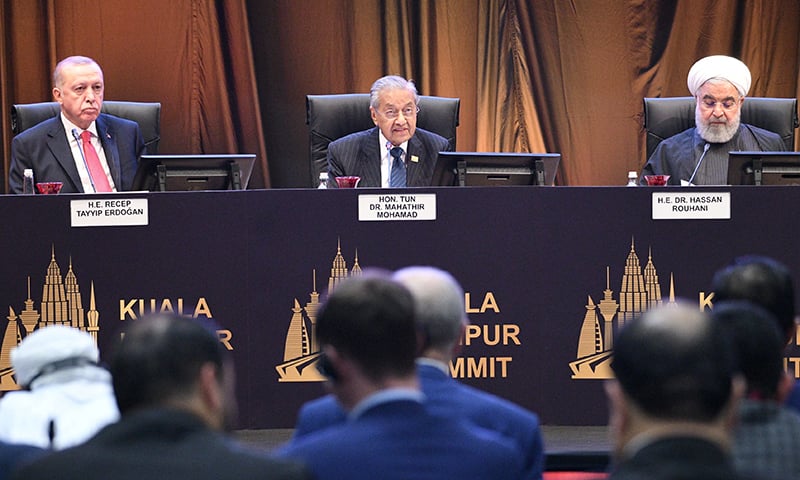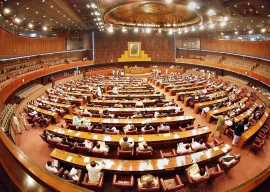
In August 2017, the International Centre for Settlement of Investment Disputes (ICSID) had slapped a whopping $1.2 billion penalty on Pakistan as part of an investment dispute settlement with the Turkish power firm, Karkey Karadeniz Elektrik Uretin.
In November this year, Prime Minister Imran Khan revealed on Twitter that his government with the help of the Turkish president had resolved the Karkey dispute and saved Pakistan $1.2 billion penalties imposed by the ICSID. President Erdogan himself had offered to use his offices to broker an out-of-court settlement during a meeting with Premier Imran on the fringes of the UN General Assembly in New York earlier this year.
However, Pakistan’s somersault on the recent summit of some Islamic leaders in the Malaysian capital of Kuala Lumpur triggered speculation that the Karkey deal might be in jeopardy. Key attendees at the summit hosted by Malaysian Prime Minister Mahathir Mohamad included Turkish President Erdogan, Iranian President Hassan Rowhani, and Qatari Emir Sheikh Tamim bin Hamad al Thani among others.
Karkey ‘culprits’ to be tried
After Pakistan’s eleventh-hour pullout from the summit, the Turkish leader claimed that Islamabad had buckled under pressure from Saudi Arabia which threatened to expel millions of Pakistani workers and withdraw billions of dollars parked in the State Bank of Pakistan (SBP) to stabilise its economy. Riyadh was quick to deny the claim carried by a Turkish daily as ‘baseless’.
However, a senior official in Pakistan’s law ministry has sought to dispel the speculations that Pakistan’s pullout from the Malaysia summit could imperil the Karkey deal. He claimed that the deal has already been signed a month ago and it will be announced jointly by Imran and Erdogan soon. It is expected that either Premier Imran will visit Turkey next month or the Turkish leader will tour Pakistan next year.
 Malaysia's Prime Minister Mahathir Mohamad, Turkey's President Recep Tayyip Erdogan and Iranian President Hassan Rouhani react during a Kuala Lumpur Summit roundtable session in Kuala Lumpur, Malaysia December 19, 2019. PHOTO: REUTERS
Malaysia's Prime Minister Mahathir Mohamad, Turkey's President Recep Tayyip Erdogan and Iranian President Hassan Rouhani react during a Kuala Lumpur Summit roundtable session in Kuala Lumpur, Malaysia December 19, 2019. PHOTO: REUTERSAn official delegation – led by Attorney General for Pakistan Anwar Mansoor Khan – had visited Turkey last week. There are conflicting reports about the visit to the prevailing situation, especially after the Turkish president’s statement that Pakistan had pulled out of the Malaysia summit undue Saudi pressure.
Some reports suggest the Karkey deal has yet not been finalised and that the Pakistani delegation visited Turkey to discuss the proposed settlement draft. However, senior officials dealing with the issue have snubbed such reports. It has been reported that the Turkish firm will withdraw its case from the ICSID next month.
According to the initial understanding, it was decided that Pakistan would not pay any amount to Karkey. Likewise, the National Accountability Bureau (NAB) would not prosecute the Turkish company’s directors, agents, and employees involved in the rental power project (RPP) graft case.
Similarly, Pakistani authorities will return the power ship detained in Karachi after the 2012-13 Supreme Court judgment. It is also learned that NAB was reluctant to withdraw the cases against those individuals though it would have weakened the whole case against Pakistan. Later, the bureau agreed to withdraw the cases in national interests.
According to the initial ICSID award, Pakistan had to pay damages amounting to more than $800 million, along with $5.6 million per month as an interest to Karkey. The PTI-led government initiated revision proceedings in the
ICSID to set aside the 2017 award in Karkey VS Pakistan, observing that Article 51 of the ICSID Convention allowed parties to a dispute to bring to the tribunal any new facts that could decisively affect the award.
Now Pakistan is engaged in new legal representation – GST – to contest the revision proceedings before the ICSID. In 2014, Pakistan had hired a global law firm Allen &
Overy to which the country was obligated to pay £90,000 in addition to an hourly rate during hearings.
PM Office ‘vetoed’ FO advice on Malaysia summit
Earlier, Pakistan had paid £200,000 to London-based firm BLP but government officials, including senior legal experts, felt the firm was not properly contesting the case at the ICSID. The total fee agreed with the law firm was £1.4 million in addition to hourly charges.
Karkey was one of 12 RPPs, which had been awarded contracts by Pakistan in 2008-09 to tackle the country’s chronic power crisis.
The Turkish firm had installed a 232 megawatts ship-based rental power plant and signed a rental services agreement in April 2009 under the Rental Power Policy 2008 to produce electricity in collaboration with the Lakhra power generation company.
In 2012, the Supreme Court took suo motu action against the RPPs, declaring illegal all such agreements signed under the Rental Power Policy 2008.










1726140338-01730723472-0/Untitled-design-(42)1726140338-01730723472-0-270x192.webp)




1730706072-0/Copy-of-Untitled-(2)1730706072-0-270x192.webp)
COMMENTS
Comments are moderated and generally will be posted if they are on-topic and not abusive.
For more information, please see our Comments FAQ